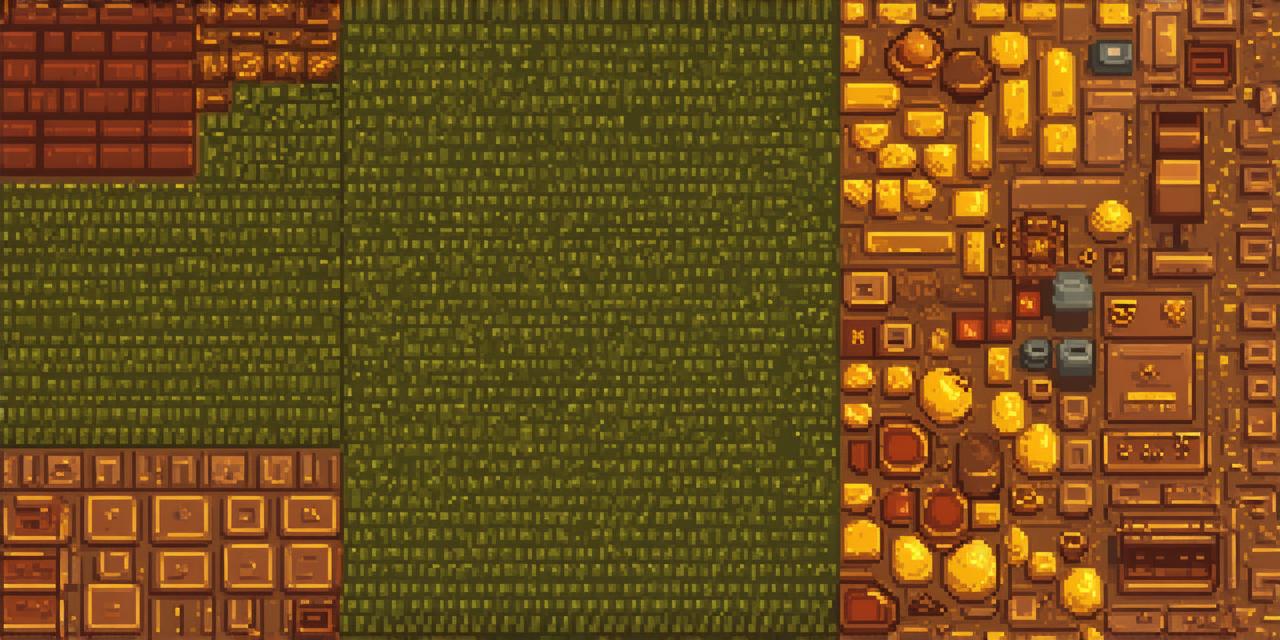In the vibrant world of video game creation, independent developers (indies) emerge as pioneers, crafting distinctive experiences that frequently defy industry conventions.
These are the creators behind titles like “Undertale” and “Celeste,” which have enthralled millions globally.
Indies excel in creativity and innovation, often experimenting with unconventional gameplay mechanics and captivating narratives. Their smaller scale facilitates a more flexible development process, enabling them to swiftly respond to player feedback and market trends.
For example, “Super Meat Boy,” created by indie studio Team Meat, revolutionized the platformer genre with its precise controls, challenging levels, and dark humor. Its success story underscores the potency of independent development.
However, indies encounter substantial challenges, including resource limitations, fierce competition, and the necessity for effective marketing. Yet, these hurdles only fuel their resolve, inspiring them to innovate and create games that resonate profoundly with players.
As technology advances, so does the potential for indie developers. Platforms like Steam Greenlight and the App Store offer easy access to distribution, promising a future brimming with opportunities for these creative visionaries.
With determination, creativity, and a readiness to learn, anyone can embark on the journey of indie game development. Numerous game engines, such as Unity and Godot, are available at low or no cost, providing all the tools required to start independently developing games.




